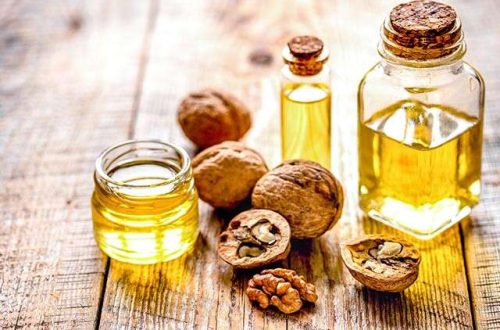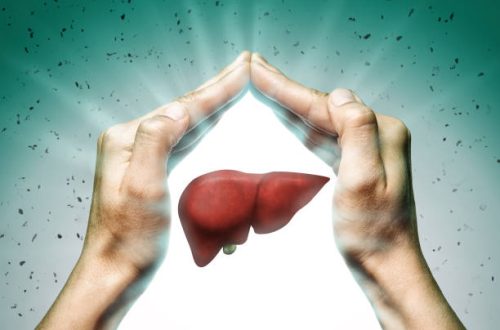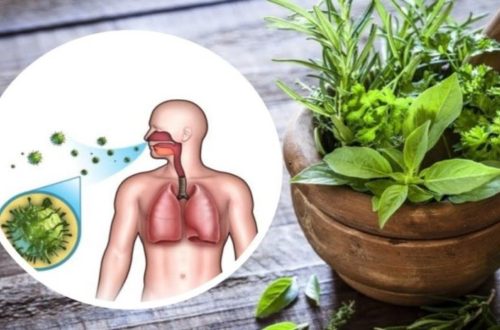Blackthorn berries, small blue fruits covered with a fine layer of bloom, are often overlooked in favor of other wild fruits. However, the tea made from these fruits is a true elixir for the body. Rich in tannins, antioxidants, and vitamins, blackthorn tea is a natural tonic for the digestive system, heart, blood vessels, and immunity. In folk medicine, these fruits were used to treat diarrhea, severe colds, and to strengthen the body during the cold season. Currently, modern research confirms some of these uses, placing blackthorn tea on the list of valuable infusions for health.
Benefits of Blackthorn Tea
1. Regulates Intestinal Transit
Blackthorn tea has an astringent effect due to its high tannin content. These substances help combat diarrhea by reducing inflammation of the intestinal mucosa and inhibiting excessive secretions. It is recommended in cases of mild enterocolitis, diarrhea caused by food or bacterial infections. At the same time, the tea is not aggressive and can be administered to children under medical supervision. It acts gently without irritating the intestine, making it a suitable natural remedy for mild transit disturbances.
2. Relieves Stomach Pain
Blackthorn berries contain flavonoids and organic acids that protect the gastric mucosa. Tea made from these fruits can reduce stomach inflammation and alleviate the sensation of burning or nausea. Tannins act as a natural dressing, forming a protective film on the stomach walls. Therefore, it is useful in cases of mild gastritis, bloating, or digestive discomfort after heavy meals. It is a gentle remedy that can be consumed even in courses lasting several days.
3. Supports Heart Health
Blackthorn tea contains antioxidants (especially anthocyanins and flavonoids) that contribute to reducing oxidative stress. By reducing inflammation and protecting blood vessels, this infusion helps maintain blood pressure within normal limits. Regular consumption can support the elasticity of blood vessels and prevent the accumulation of oxidized cholesterol. Additionally, it contributes to improving peripheral circulation. It is a good adjunct in regimens supporting cardiovascular health.
4. Stimulates Immunity
Blackthorn berries are rich in vitamin C, carotenoids, and flavonoids—all contributing to strengthening the immune system. The tea helps prevent seasonal infections, especially when combined with other plants (mint, elderflower, blackcurrants). Regular consumption can reduce the severity and duration of colds. It also supports cell regeneration and reduces chronic inflammation that can weaken immunity. It is a natural alternative to synthetic supplements for boosting the body’s defenses.
5. Aids in Detoxifying the Liver and Kidneys
Blackthorn tea has mild diuretic effects, contributing to the elimination of toxins from the body. By stimulating kidney function, it promotes the removal of excess water and metabolic waste. At the same time, antioxidants protect liver cells from oxidative stress. It is recommended as part of a detox regimen, especially during seasonal changes. It is not aggressive and can be combined with other detoxifying plants such as dandelion or horsetail.
Studies and Research
A study published in Journal of Herbal Pharmacotherapy analyzed the bioactive composition of blackthorn (Prunus spinosa) and showed a significant content of tannins, anthocyanins, and flavonoids. These substances are recognized for their antioxidant and anti-inflammatory effects. The authors highlighted that the infusion from the fruits has an action similar to that of mild medications for diarrhea and intestinal inflammation.
In research conducted by the University of Szeged (Hungary), blackthorn extract was tested on animal models with gastric inflammation. The results showed a significant reduction in gastric inflammation after administration of the extract. Additionally, researchers noted a protective effect on the gastric mucosa.
Another study, published in Antioxidants (Basel), analyzed the cardioprotective potential of Prunus spinosa fruits. A reduction in lipid peroxidation and an improvement in antioxidant enzyme activity were observed. The conclusion was that extracts from blackthorn can contribute to the prevention of cardiovascular diseases by reducing oxidative stress and protecting the vascular endothelium.
Furthermore, a phytochemical analysis conducted in 2022 showed that blackthorn contains anthocyanins that act on the immune system by stimulating phagocytosis and inhibiting chronic inflammation. This aspect supports the use of blackthorn tea in preventing recurrent infections.
In the specialized literature, the mild diuretic and detoxifying effect of blackthorn extract is also mentioned, tested on animal models and compared with the effects of birch leaves and horsetail. The results were comparable regarding the elimination of urea and creatinine.
Preparation of Blackthorn Tea
Ingredients:
- 1 tablespoon of dried blackthorn berries (lightly crushed)
- 250 ml boiling water
Preparation Method:
- Boil the water and pour it over the crushed blackthorn berries.
- Cover the pot and let it steep for 10-15 minutes.
- Strain and consume warm.
2-3 cups can be consumed daily, in courses of 7-14 days.
Consumption Method
The tea is preferably consumed unsweetened. It can be taken:
- In the morning on an empty stomach for digestion
- After meals to soothe the stomach
- In the evening, for a mild relaxing and diuretic effect
Contraindications
- Not recommended for individuals with severe chronic constipation (due to the astringent effect).
- Excessive consumption is not recommended, as it may lead to dryness of the mucous membranes or intestinal discomfort.
- Pregnant or breastfeeding women should consult a doctor before use.
- Individuals allergic to fruits from the Rosaceae family (e.g., plums, peaches) should avoid this tea.
- Not to be administered to children under 3 years without medical advice.





